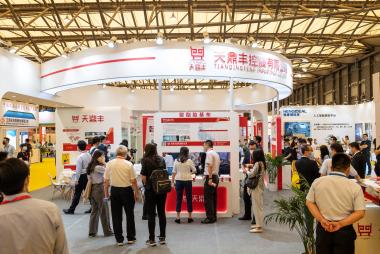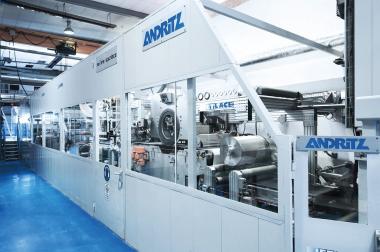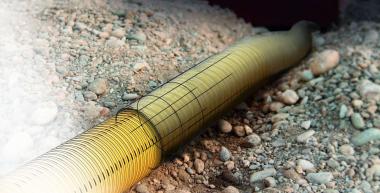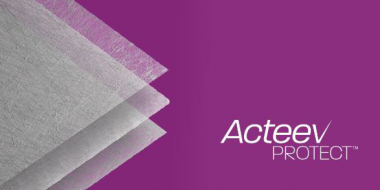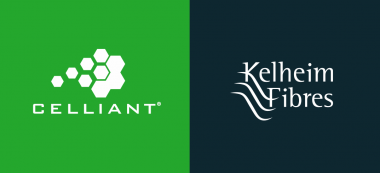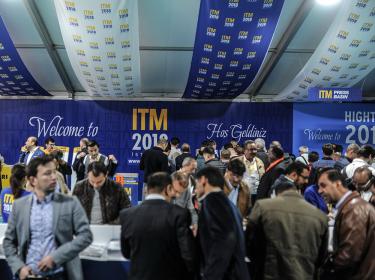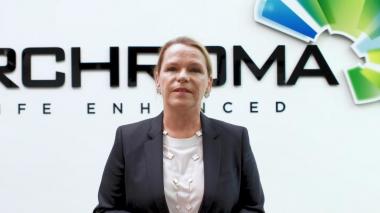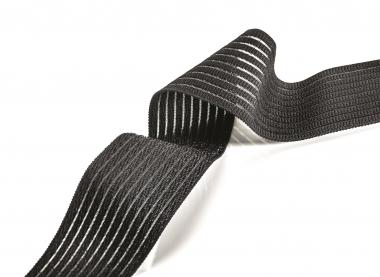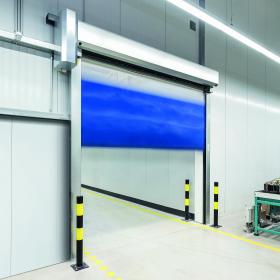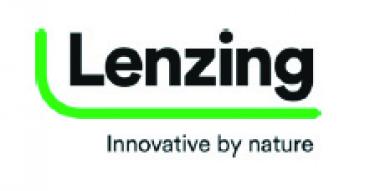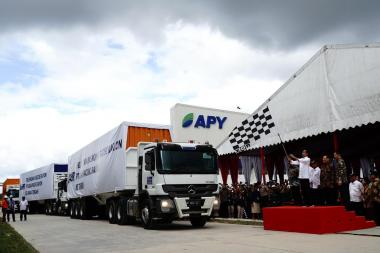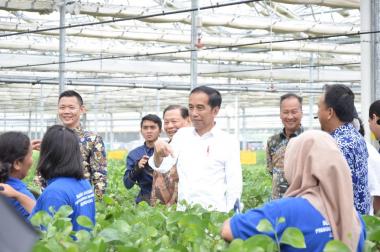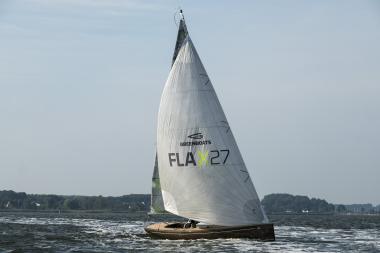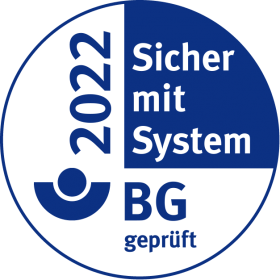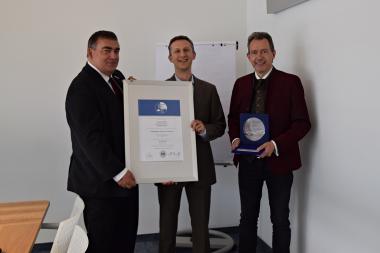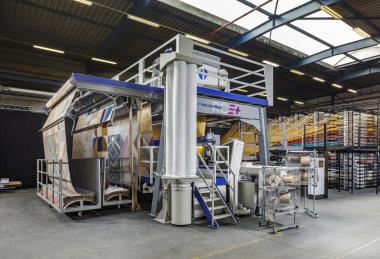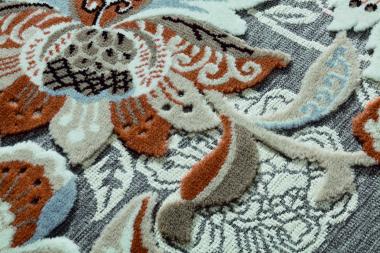TN Government signs up for Techtextil India 2021
- Pushing technical textile investments into the State
In a bid to strengthen indigenous production through the state and attract investors, the nodal agency for investment promotion and facilitation for the Government of Tamil Nadu – Guidance has signed up for Techtextil India 2021 – the leading International Trade Fair for Technical Textiles and Nonwovens. The TN Government will be promoting technical textile policies through both physical and virtual segments of the hybrid fair, enabling investors to set up integrated facilities. Leading technical textile players from Tamil Nadu and across the nation confirm participation for the three-day business event.
As one of the first major business events in India for the technical textile sector since the pandemic, Techtextil India 2021 will reunite the industry to present a strong showcase of technical textile technologies crucial for the development of India across industries such as healthcare, agriculture, construction, infrastructure, sports, apparel etc. The first hybrid edition will take place from 25 – 27 November 2021 at the Bombay Exhibition Centre in Mumbai.
Announcing a close co-operation with Messe Frankfurt India for the 2021 edition, the Government of Tamil Nadu further shared that it will be promoting textile policies and highlighting investment prospects at the trade fair in a bid to attract companies and investors to the state. Ms Pooja Kulkarni IAS MD & CEO, Guidance Tamil Nadu said: “While there are several inherent advantages for the growth of technical textiles in Tamil Nadu specifically, many raw materials used in the production of sanitary products, artificial ligaments, seat belt webbings, airbags are still heavily imported. In this context, the Techtextil India Forum can help us reduce import dependency and bring investments in R&D, manufacturing, innovation by partnering with global technical textiles companies.
Techtextil India
Messe Frankfurt Hongkong





